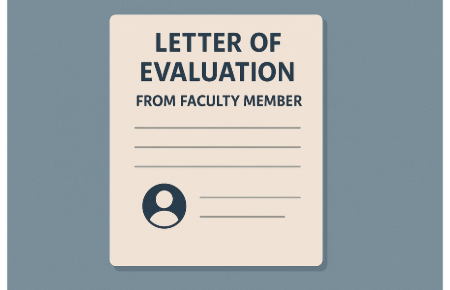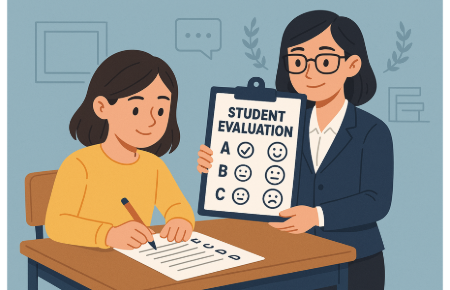This is an evaluation letter by a faculty member (at SGPP) for a class that I taught in Spring 2025. A summary of this letter can be found below:
Yongfeng Tang delivered a well-structured and engaging guest lecture on “Conducting Surveys” in POL 397B, effectively introducing students to key elements of survey design, including sampling, response bias, and data collection methods. Using examples from sources like Pew Research and ANES, along with visuals and materials from his own research in Taiwan, he made complex concepts accessible and relevant. His presentation was clear, visually effective, and grounded in real-world applications, while also addressing methodological challenges like social desirability bias and nonresponse. Suggestions for enhancement included more applied examples, low-stakes exercises, and deeper discussion of survey mode effects and advanced techniques. Overall, Yongfeng demonstrated strong pedagogical skills, content fluency, and professionalism, making him a valuable instructor in social science research methods.
A PDF version of the evaluation letter can be found below the picture.

Download PDF



